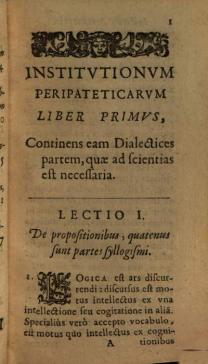The rise of modern science during the seventeenth century revolutionized people’s understanding of the world; it also transformed their conception of themselves as individuals and communities. Looking at early modern scientific, philosophical, and political texts side by side, my project offers the first comprehensive study of the ethical and political legacy of the Scientific Revolution: How did the new order of heaven and earth, the new conception of the human body, and the new means to attain knowledge help shape the modern state?
According to common wisdom, the New Science bequeathed democratic beliefs and practices, promoting a new trust in human reason and its capacity to attain truth and lead to individual and political peace. This encouraged the creation of a new arena of civil discourse, where the passions were suppressed in favor of Reason’s rule. For both early modern science and the burgeoning modern state, Reason promised a universal order—to be discovered in nature and established in politics.
Yet for all its spectacular success, the New Science did not actually support such optimism. It presented a universe that was infinitely complex and unruly, and reason that was estranged from the world and prone to devastating errors. It was not Reason but the passions—anger, fear, desire, wonder—that led humans in their quest for knowledge, justice, and happiness. Moreover, order could not be found in nature: it had to be enforced. In short, the historical role of science in philosophically and institutionally shaping the modern state requires a new account.

